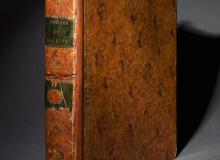Lisbon
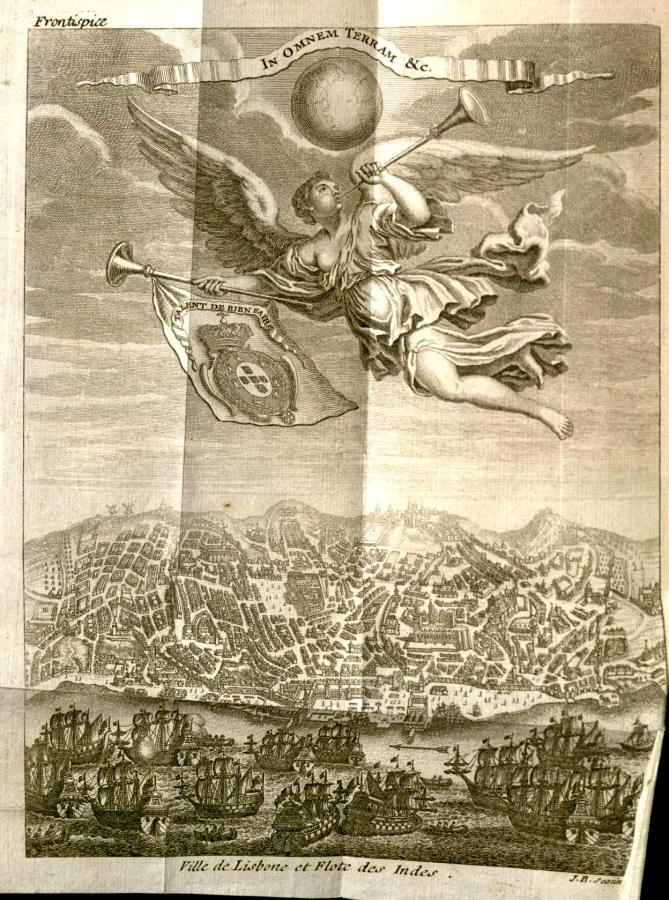
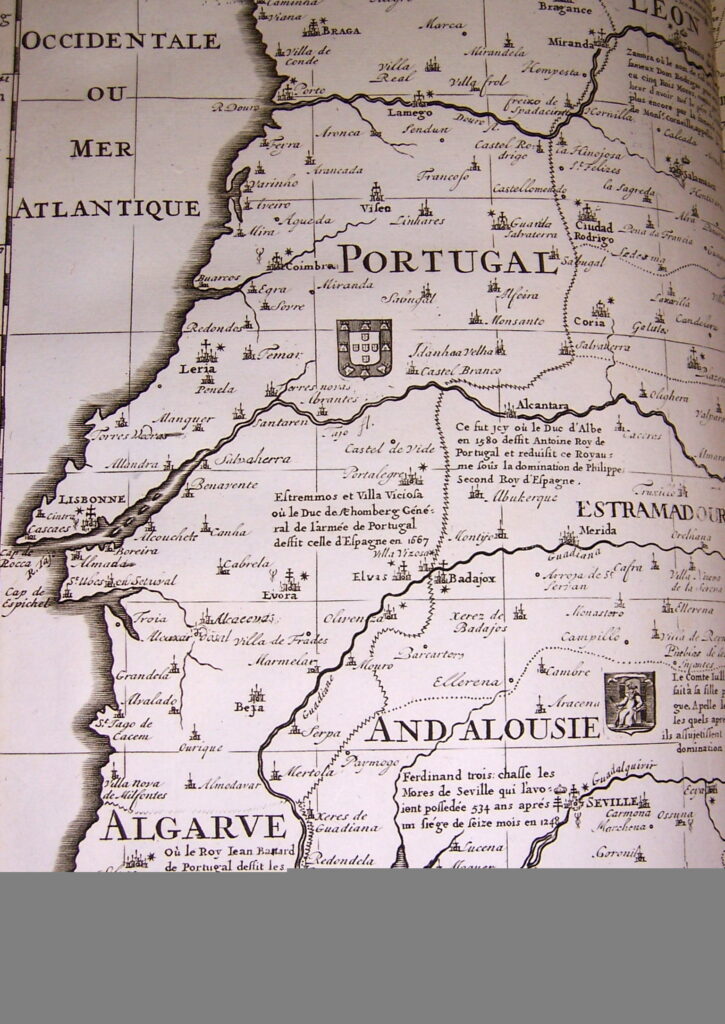

Lisbon was both the royal capital of the Portuguese state and the starting-point for the treasure fleets that sailed to Asia under the auspices of the padroado. This was the right given to the Portuguese crown to the exploration and ‘development’ of the new world east of a demarcation line known as the Tordesillas meridian. The meridian was the product of the Treaty of Tordesillas, signed in 1494 between Spain and Portugal. While the colonial division of the globe would be contentious for much of the next centuries – and obviously highly problematic from the point of view of the indigenous peoples and kingdoms who were not even considered in these negotiations – for the Portuguese, the maritime empire they founded began at the mouth of the River Targus and eventually stretched all the way into east Asia.
Fortresses and factories that stretched around the coastlines under nominal Portuguese control, including Mozambique, Goa, Malacca and Macau, supported this empire. The entry of other European nations like Britain, France and Holland into the trade world of the east – commerce built on the spice and luxury items so desired in the west – was to diminish Portuguese supremacy in this region.
Even so, at its height, the Portuguese aquatic domain was full of rich cultural exchange. Explorers, traders and missionaries all passed through its dominions and more often than not also through Lisbon. Those sojourners who did not return to Lisbon – and many did not – still may have sent material back there, either in the form of rich objects for family and friends, or in the form of accounts of their experiences. These accounts were highly sought after by the printers of Lisbon who proceeded to publish the works. These publications were received with much popular acclaim and quickly made their way around Europe, and more often than not were rapidly translated into other languages as well.
Related Items
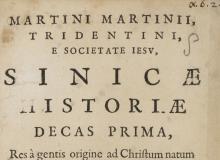
The Italian Jesuit Martino Martini (1614-1661) was an historian and cartographer whose writings about China became influential throughout Europe. He was based in Hangzhou.
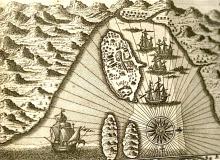
Portuguese vessels needed a place to refuel after rounding the Cape of Good Hope. Mozambique provided this safe haven.

